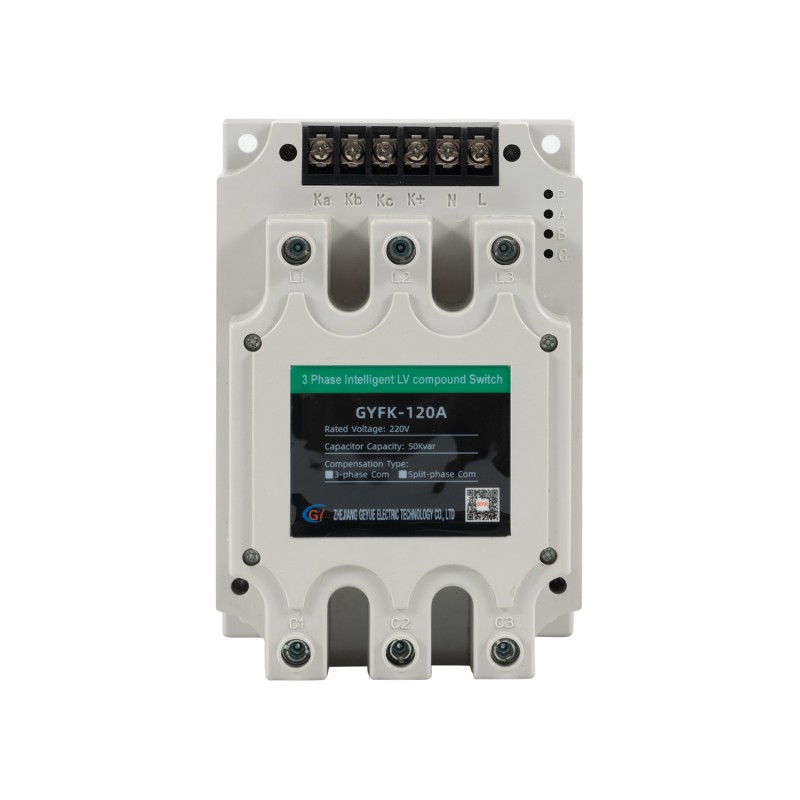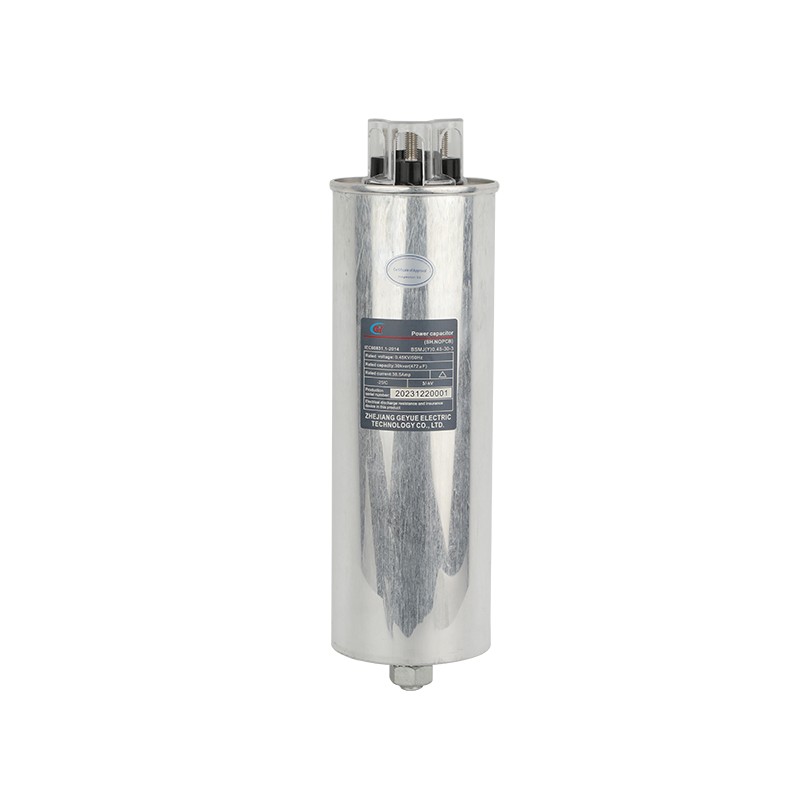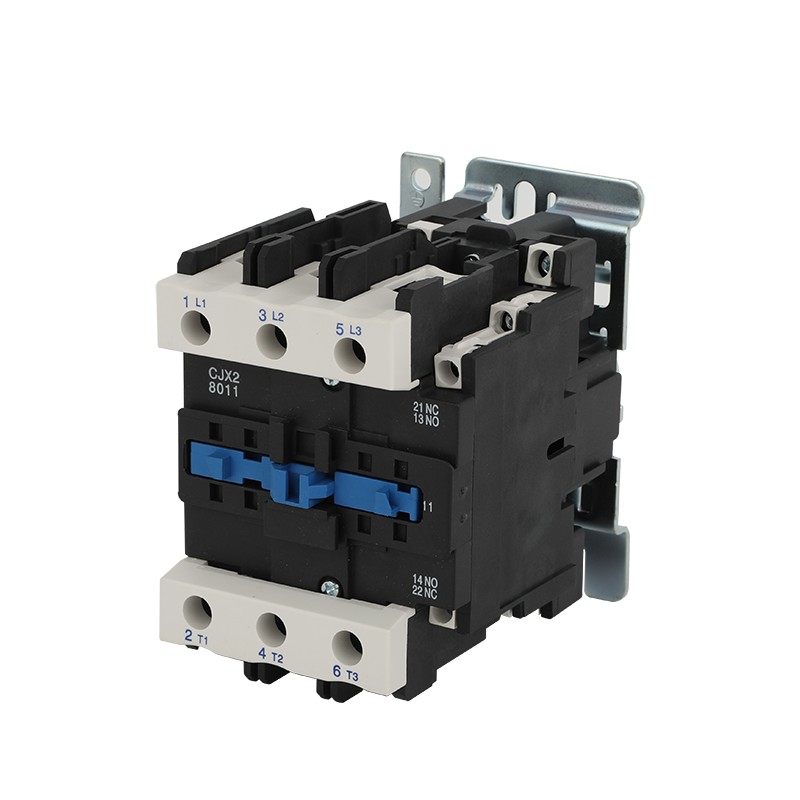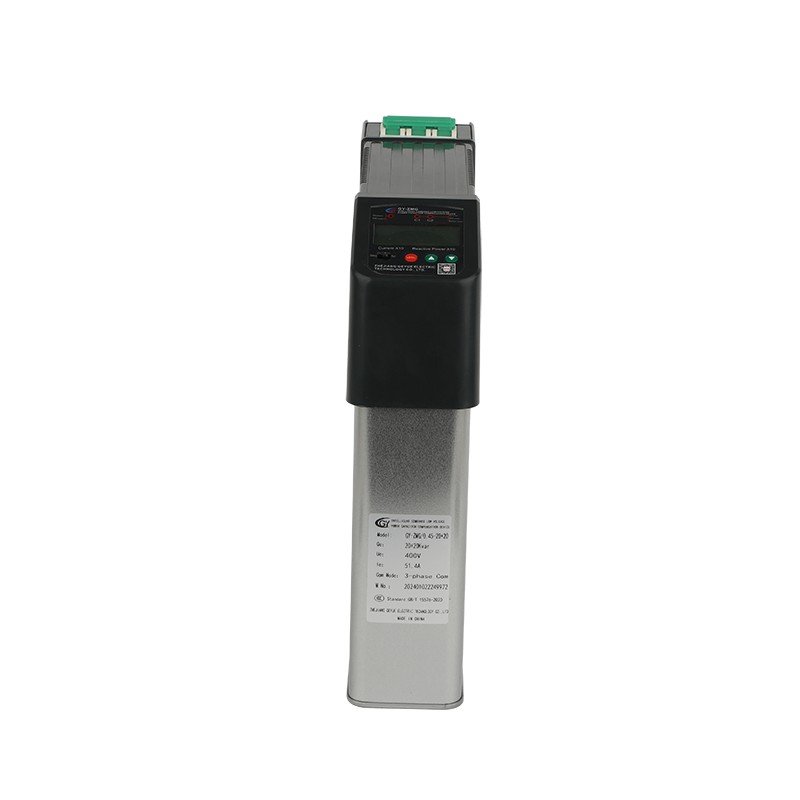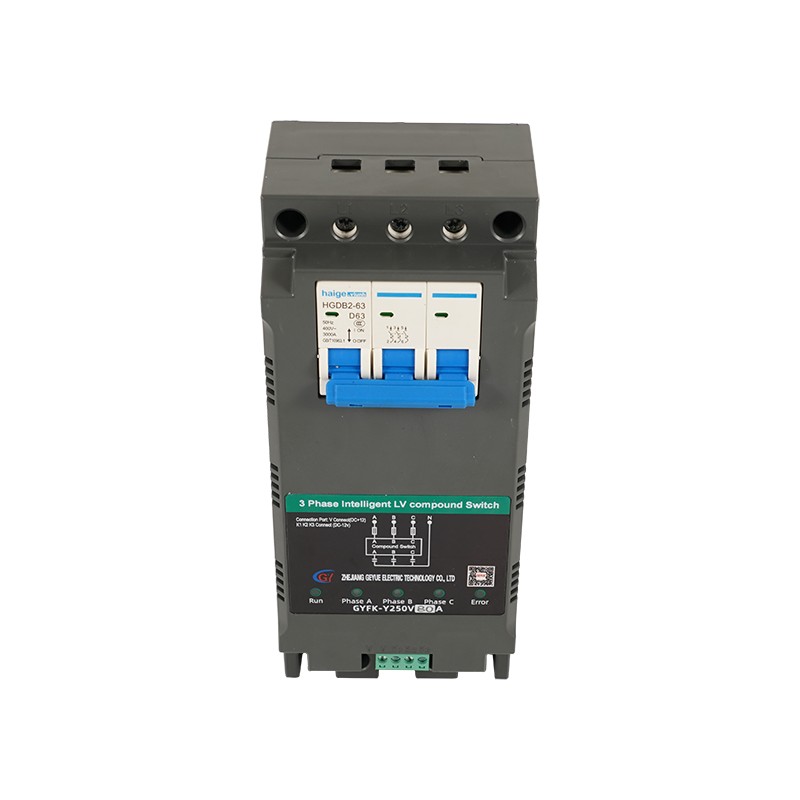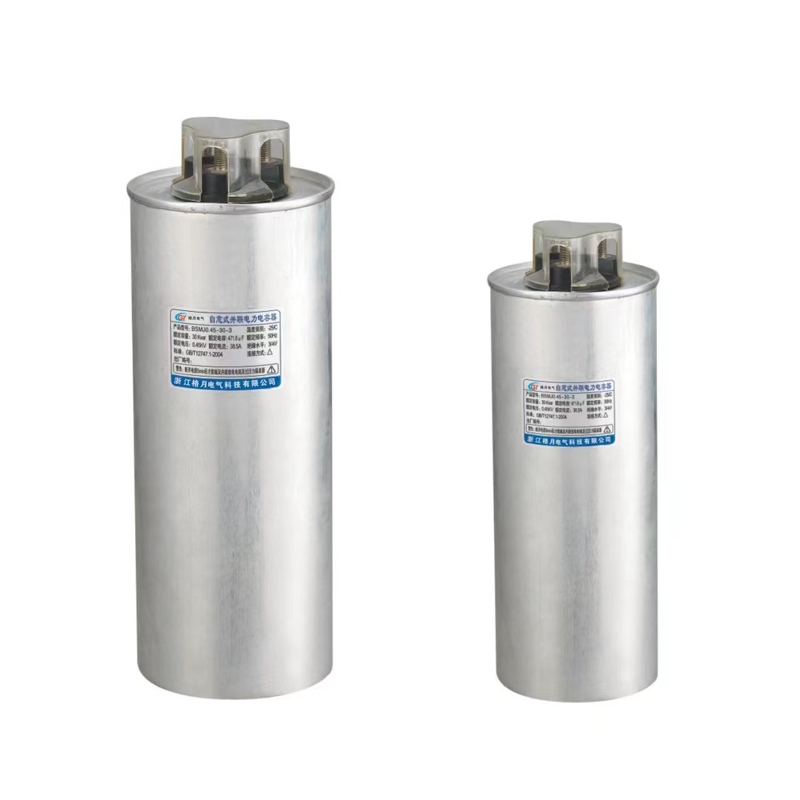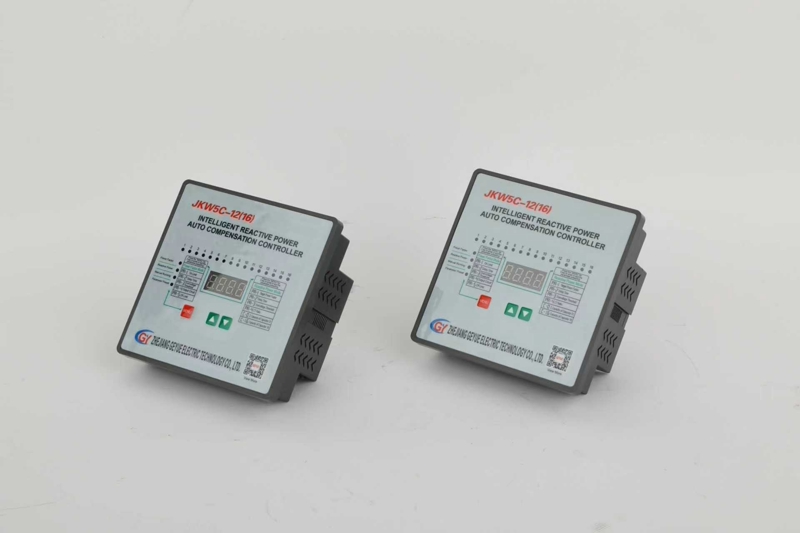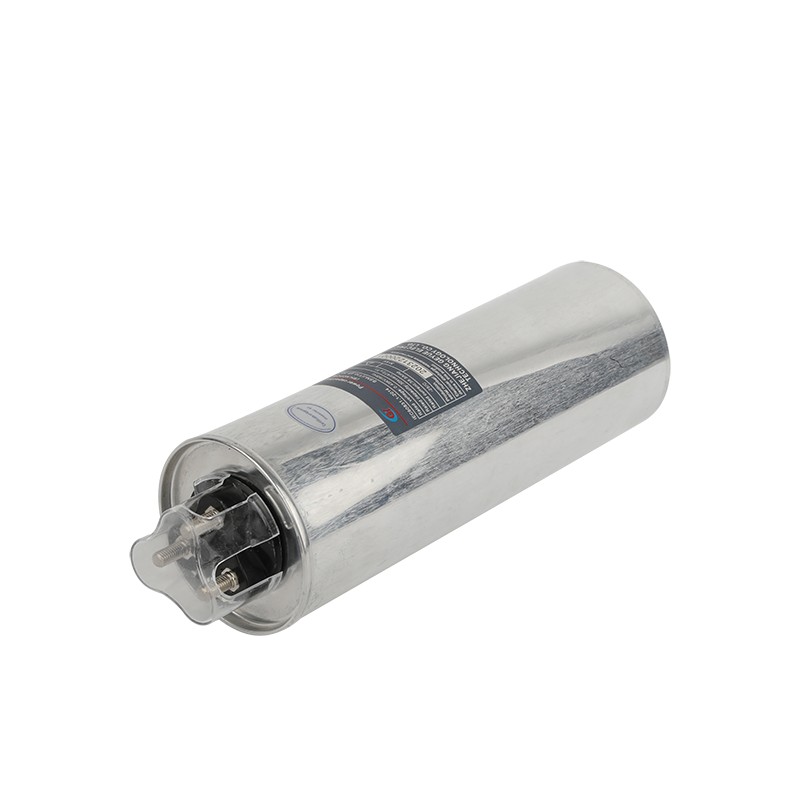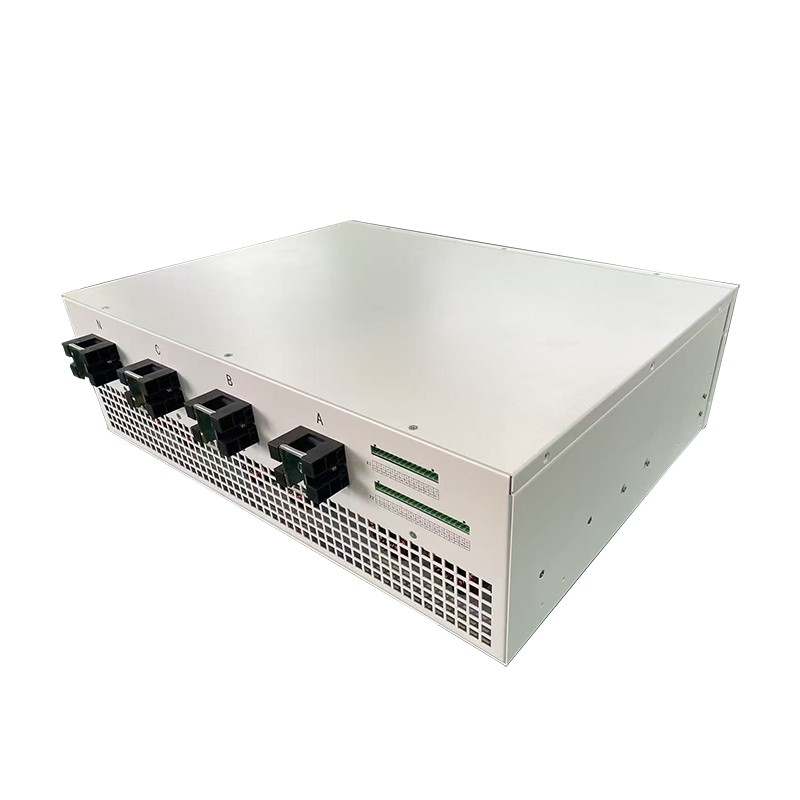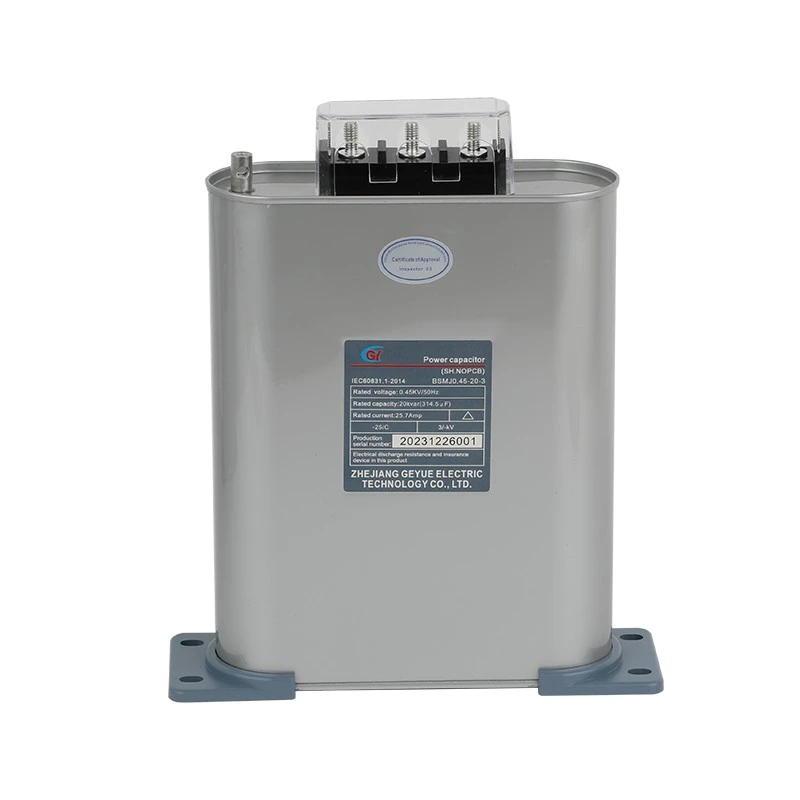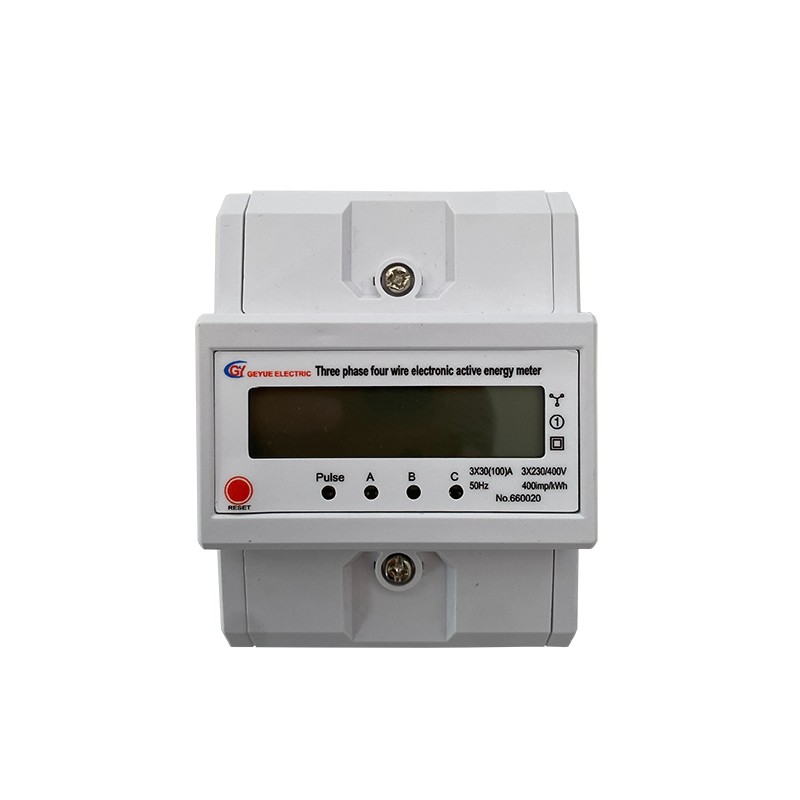What are the Key Performance Indicators for an Anti-Harmonic Capacitor When Operating in a Polluted Environment?
In today's era of rapid industrial development, issues such as harmonic pollution, voltage fluctuations, high temperatures, and high humidity have become inevitable problems that the low-voltage reactive power compensation system must confront. As a professional manufacturer in the field of low-voltage reactive power compensation equipment in China, Geyue Electric fully understands the significance of ensuring the stable operation of equipment under complex conditions. This article will systematically elaborate on the key performance indicators that need to be focused on when the anti-harmonic intelligent capacitor operates in polluted environments, helping users make more informed decisions when choosing low-voltage reactive power compensation equipment.
Harmonic Tolerance and Suppression Capability
In a severely polluted power grid environment, the harmonic tolerance capability is the primary indicator for evaluating the performance of anti-harmonic intelligent capacitors. In modern industrial power grids, high-order harmonics generated by nonlinear loads such as frequency converters and rectifier devices are widespread. These harmonics can cause problems such as overheating, insulation aging, and even breakdown of ordinary capacitors. A high-quality anti-harmonic intelligent capacitor should have the ability to withstand more than 30% of background harmonics. The inbuilt inductance elements of such capacitors need to be precisely tuned to specific frequencies, which can effectively suppress harmonic amplification while avoiding the occurrence of system resonance. At the same time, the body of the anti-harmonic intelligent capacitor should adopt specially designed metallized film dielectric to ensure stable electrical performance even under the impact of harmonic currents.
Environmental Adaptability and Protection Grade
The pollution of the power grid often involves various extreme conditions, such as high temperature, high humidity, dust, corrosive gases and other adverse factors, which place higher demands on the environmental adaptability of anti-harmonic intelligent capacitors. The enclosure protection grade of anti-harmonic intelligent capacitors should at least reach the IP54 standard, effectively preventing dust intrusion and water penetration. The internal components of anti-harmonic intelligent capacitors should adopt high-temperature-resistant designs to ensure stable operation within a wide temperature range of -25℃ to +55℃. For special environments with corrosive gases, the enclosures of anti-harmonic intelligent capacitors need to undergo special anti-corrosion treatment, such as using galvanized steel plates or corrosion-resistant alloy materials. Additionally, the internal filling medium of anti-harmonic intelligent capacitors should select flame-retardant and non-toxic materials to enhance the safety performance of the equipment in harsh environments.
Stability of Electrical Parameters
In a polluted environment, the stability of electrical parameters directly affects the service life and compensation effect of the anti-harmonic intelligent capacitor. When selecting the specifications of the anti-harmonic capacitor, the selection of its rated voltage needs to take into account the influence of system voltage fluctuations and harmonic superposition. Generally, it is recommended to choose an anti-harmonic capacitor with a rated voltage one voltage level higher than the system voltage. Secondly, the current carrying capacity of the anti-harmonic capacitor needs to leave sufficient margin to cope with the additional load caused by harmonic current. The last but not least parameter is the tangent value of the dielectric loss angle of the anti-harmonic capacitor. The loss value of a high-quality anti-harmonic capacitor should be controlled below 0.2W/kvar, which not only reduces the temperature rise during operation but also significantly improves energy efficiency. Additionally, the anti-harmonic intelligent capacitor also needs to have good voltage recovery characteristics, being able to quickly return to the normal working state after the system experiences a transient overvoltage.
Safety Protection Mechanism
A perfect safety protection mechanism is an essential guarantee for the reliable operation of anti-harmonic intelligent capacitors in polluted environments. Overcurrent protection needs to be able to accurately distinguish between harmonic current and fault current to avoid false actions. The over-temperature protection device should be installed at key locations, and it should be able to automatically cut off the power supply when the internal temperature exceeds the safety threshold. For self-healing capacitors, the capacitance attenuation rate after each self-healing process needs to be controlled within a reasonable range to ensure that the product maintains a stable compensation capacity throughout its entire life cycle. In addition, high-quality capacitors are also equipped with discharge resistors to ensure that the residual voltage can be reduced to a safe range within the specified time after power failure.
Intelligent Monitoring and Operation and Maintenance Functions
Modern industry has set higher requirements for the intelligence level of electrical equipment. Anti-harmonic intelligent capacitors should have the ability to monitor real-time operating parameters, including key indicators such as temperature, current, and voltage. Through the built-in communication module, the equipment can upload operation data to the monitoring system, enabling remote status diagnosis and fault warning. Intelligent capacitors should also have an automatic switching function, capable of precisely controlling the compensation capacity according to the system's reactive power demand. These intelligent features not only enhance operational efficiency but also enable predictive maintenance, minimizing unexpected downtime to the greatest extent.
The Solutions and Professional Commitment of Geyue Electric
After thoroughly understanding the key performance indicators of anti-harmonic intelligent capacitors, we, Geyue Electric, are honored to recommend our independently developed GYZMGRH and GYZMFRH series anti-harmonic intelligent capacitors to you. This series of products embodies our twenty-year technical accumulation in reactive power compensation and is specifically designed and manufactured for harsh conditions in polluted environments. The GYZMGRH and GYZMFRH series adopt a unique harmonic suppression technology, which can effectively handle background harmonics up to 40%. The protection levels of the GYZMGRH and GYZMFRH series reaches IP55, ensuring stable operation even in the most harsh industrial environments. The anti-harmonic intelligent capacitors of this series are equipped with an intelligent monitoring system, which can monitor the operating status in real time and achieve remote data transmission and control through the RS485 interface.
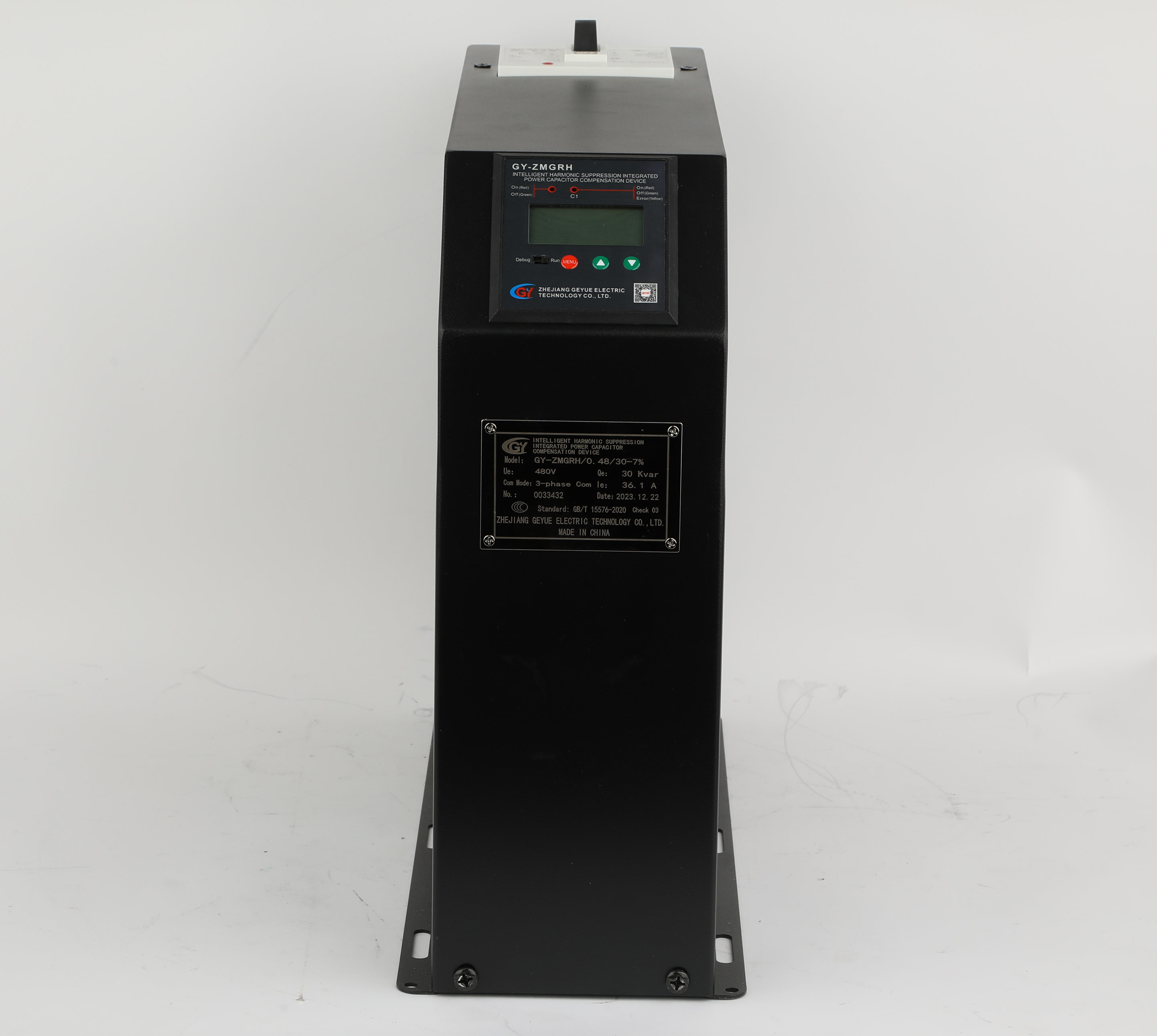
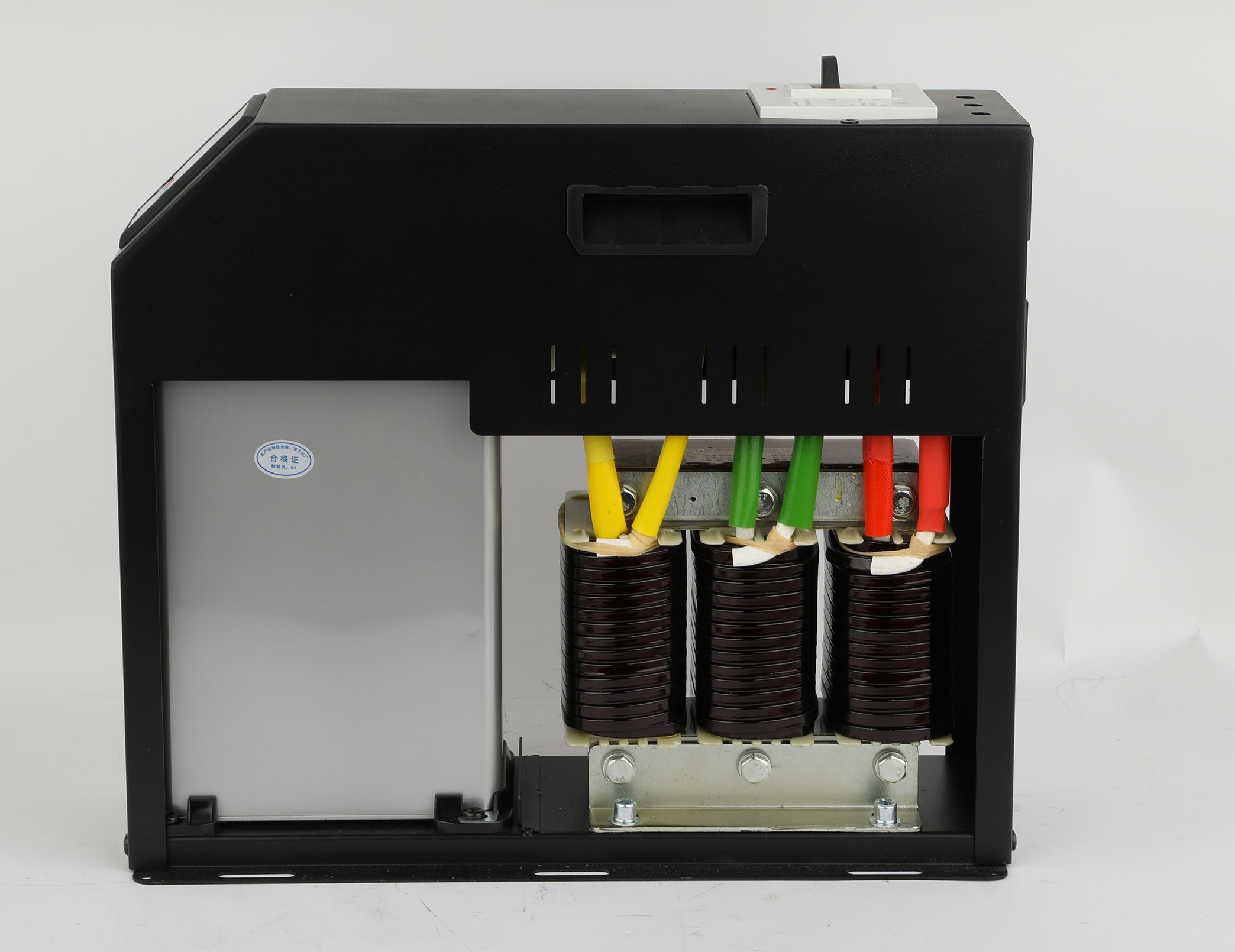
Geyue Electric has always been driven by technological innovation and has established a complete quality management system to ensure that every product leaving the factory undergoes strict testing and inspection. Our GYZMGRH and GYZMFRH series anti-harmonic intelligent capacitors have been widely used in multiple industrial fields, including metallurgy, chemical industry, mining, etc., where there is severe harmonic pollution. They have received unanimous praise from users. If you are looking for an anti-harmonic intelligent capacitor that can operate stably for a long time in polluted environments, the GYZMGRH and GYZMFRH series of Geyue Electric will be your ideal choice. Please feel free to contact us at info@gyele.com.cn at any time. Our technical team will provide you with professional solutions and high-quality services.
- Can Three Phase Intelligent Low Voltage Compound Switch Achieve Technological Innovation in Reactive Power Compensation of Power Systems?
- Can AC contactors become key actuators in industrial automation control?
- Can Self-healing Shunt Capacitor Become a Key Support for Smart Grid Construction?
- How Can Multifunctional Meter Lead a New Revolution in Energy Management?
- Can Active Power Filters Become the Key to Solving Power Quality Problems?
- What Role do Reactors Play in Modern Power Systems?


